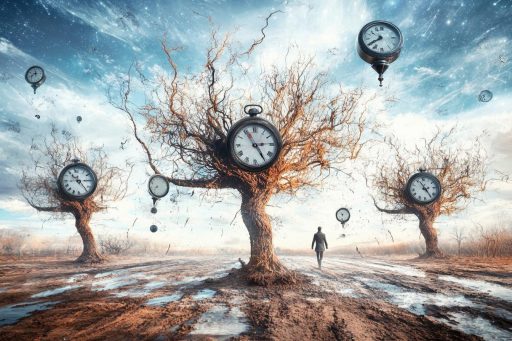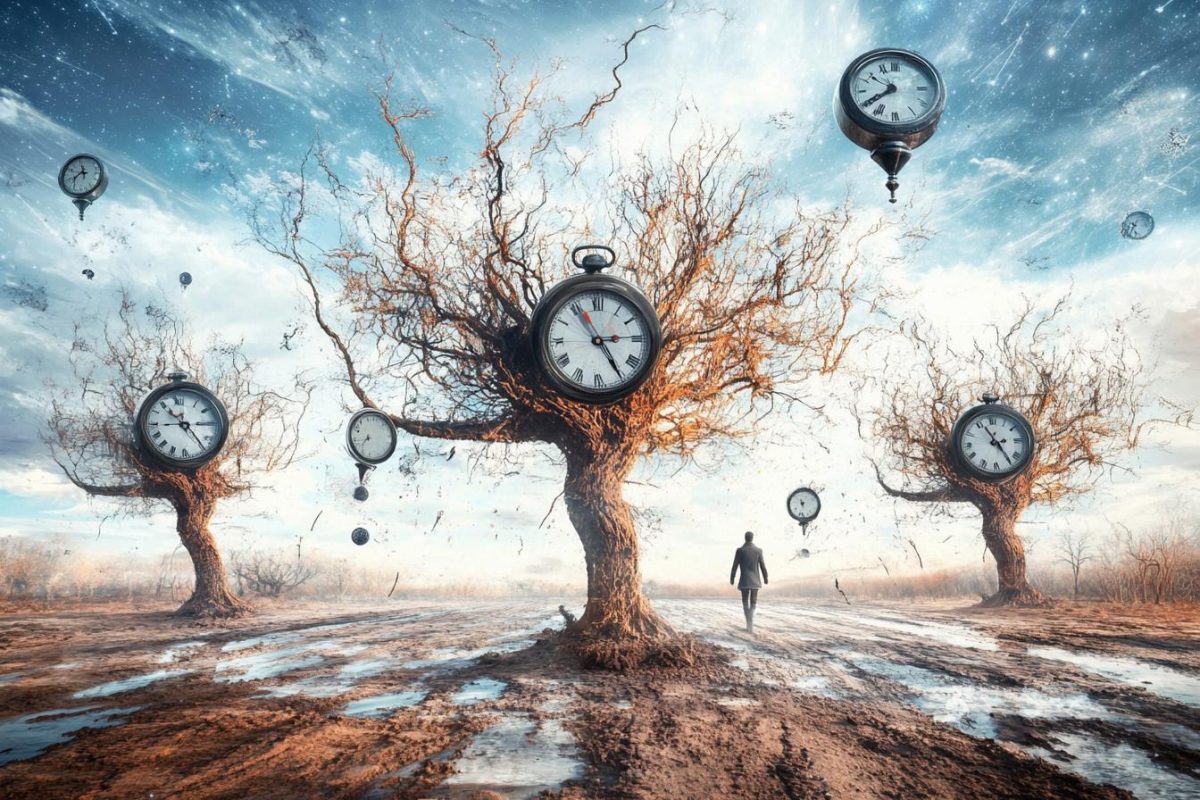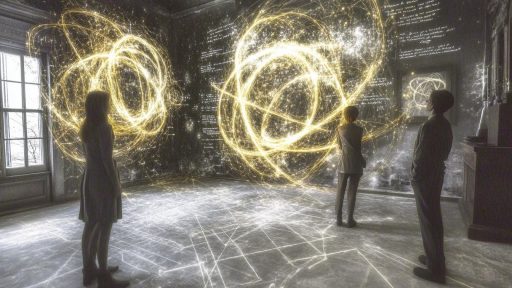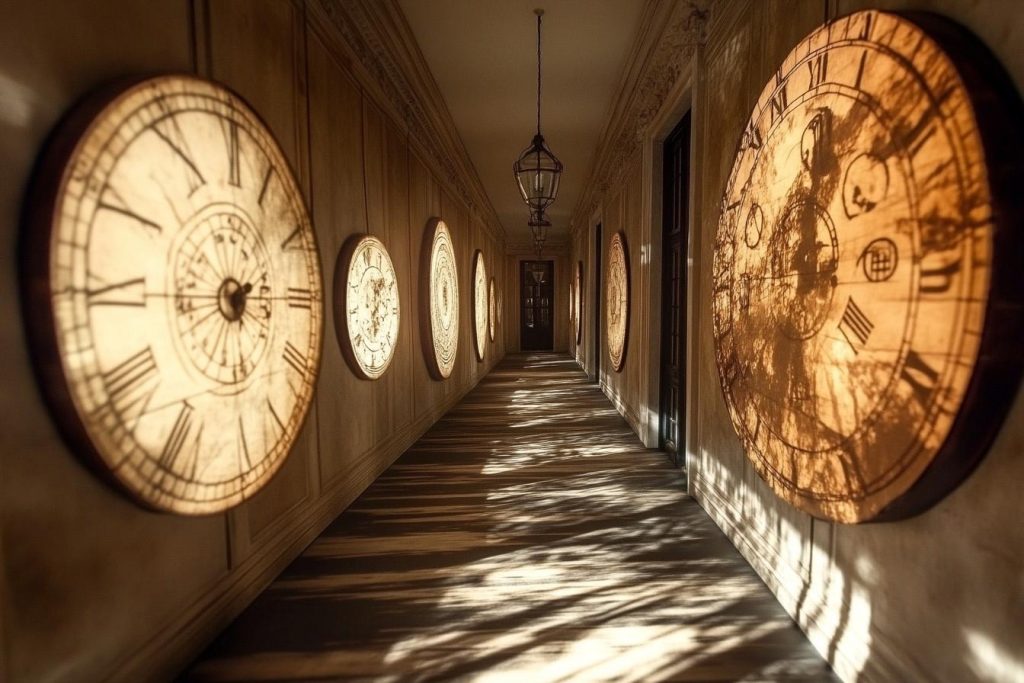
Time is often thought of as a straight line, ticking forward in predictable intervals. But delve deeper, and time reveals itself to be far stranger than we’re led to believe—twisting, warping, and slipping beyond our understanding. Throughout history, ancient cultures, scientists, and philosophers have uncovered hidden aspects of time that challenge everything we think we know. These revelations, long buried or ignored, are only now coming back into the light.
Time Doesn’t Flow the Same Everywhere

Einstein’s theory of relativity shattered the idea of universal time. Clocks tick more slowly near massive objects like black holes, and astronauts in space age slightly differently than people on Earth. Time is elastic, stretching and contracting depending on gravity and motion. It’s not just science fiction—it’s proven physics.
The Human Brain Can Alter the Perception of Time

Trauma, adrenaline, and heightened awareness can warp our internal clocks. Moments of danger often feel like they slow down, while periods of routine can pass in a blur. This isn’t just a trick of memory—our perception of time is actively constructed by the brain. Time, to us, is more subjective than absolute.
Time May Have Existed Before the Big Bang

Most believe time began with the Big Bang, but some theories suggest something even stranger. Concepts like the “no-boundary proposal” or quantum loop cosmology point to a pre-Big Bang era where time may have behaved very differently—or not existed at all as we know it. The beginning may not be the beginning after all.
Some Ancient Cultures Measured Time in Dreams

For some civilizations, dreams weren’t just personal experiences—they were temporal markers. Tribes in Mesoamerica and parts of Oceania believed dream-time was a parallel timeline with equal significance to waking life. Events in dreams could precede or affect waking events, creating a dual system of time-keeping lost to modern minds.
Time Might Be an Illusion
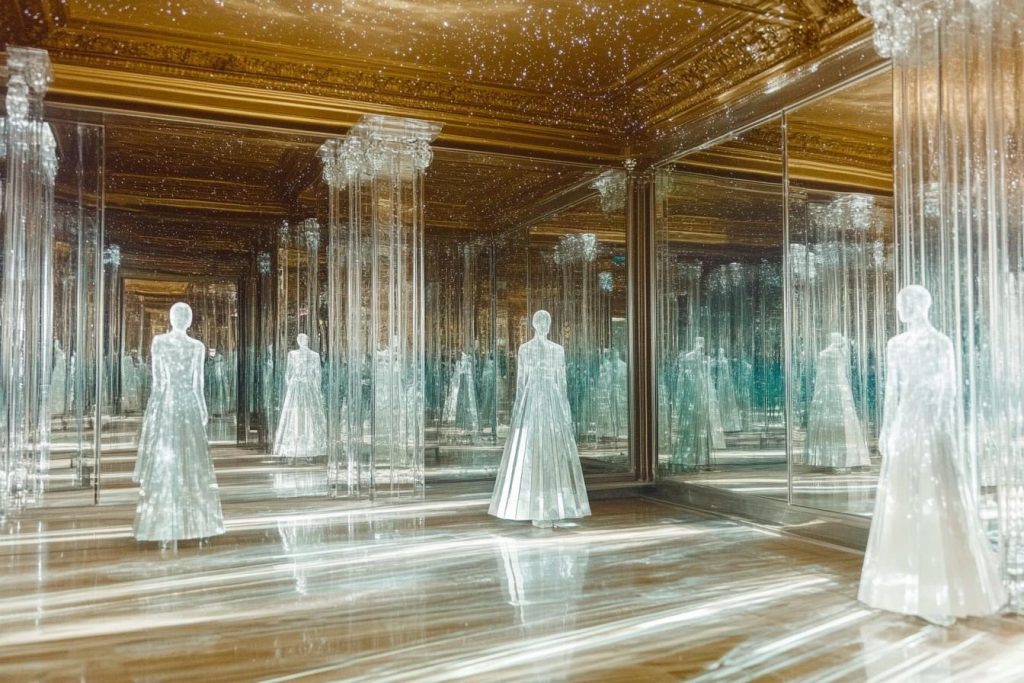
Some physicists argue that time doesn’t actually exist. Instead, it’s a construct of human consciousness imposed on a universe where all moments exist simultaneously. This “block universe” theory suggests that past, present, and future are all equally real. Our experience of time flowing may be nothing more than perception.
Time Reversals Are Possible—In Theory

While time always seems to move forward, certain equations in physics work just as well in reverse. Experiments in quantum mechanics hint at particles behaving as if they’re traveling backward in time. Though we haven’t cracked time travel, the building blocks may already be in place.
Animals Experience Time Differently

Flies, hummingbirds, and even your dog process the world at different time scales than humans. Some animals can perceive more “frames per second,” making our movements seem sluggish to them. To a housefly, your swatting hand might appear to move in slow motion. Time isn’t just relative—it’s species-specific.
The Calendar We Use Is a Human Invention

We live by seconds, hours, and days—but this system is far from universal. Different cultures used lunar, solar, or even dream-based calendars. The Gregorian calendar is a historical compromise, filled with inaccuracies and arbitrary adjustments. Timekeeping is less about truth and more about agreement.
Your Cells Keep Their Own Time
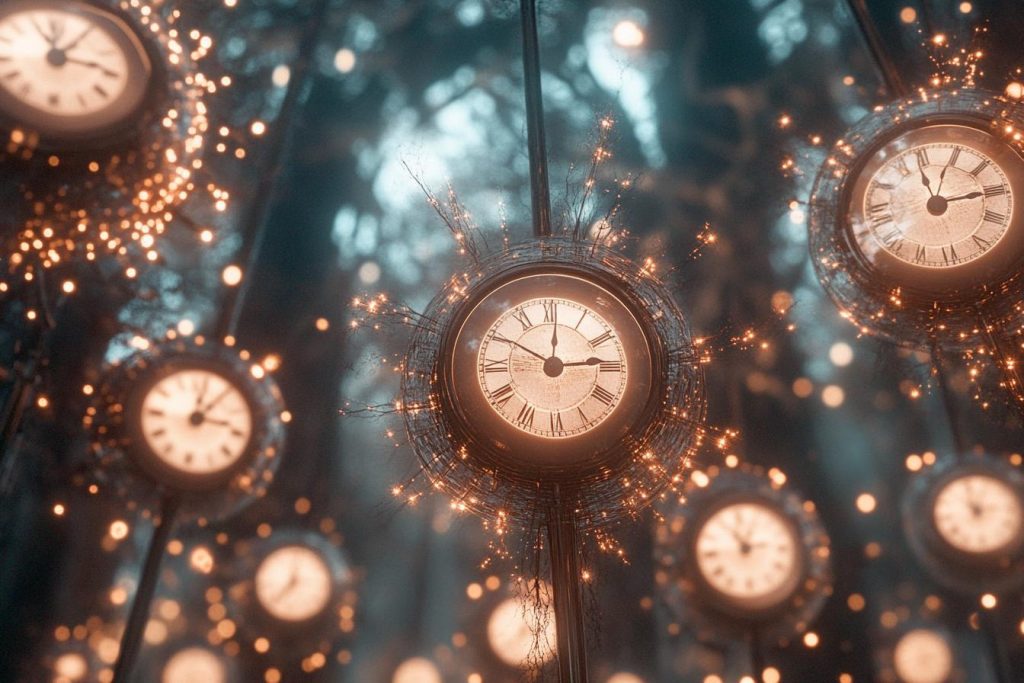
Biological clocks don’t just keep us on a sleep schedule—they operate at the cellular level. Circadian rhythms regulate everything from metabolism to mood, and disruptions can lead to disease. Our bodies are ticking to ancient rhythms set long before modern clocks existed.
Time Can Slow to a Crawl Near Black Holes

Near the event horizon of a black hole, time nearly stops. An outside observer would see a person falling in slow motion, their descent stretched out over eternity. This isn’t just theoretical—it’s been mathematically demonstrated. Gravity can bend not just space, but time itself.
Some Civilizations Believed Time Was Circular
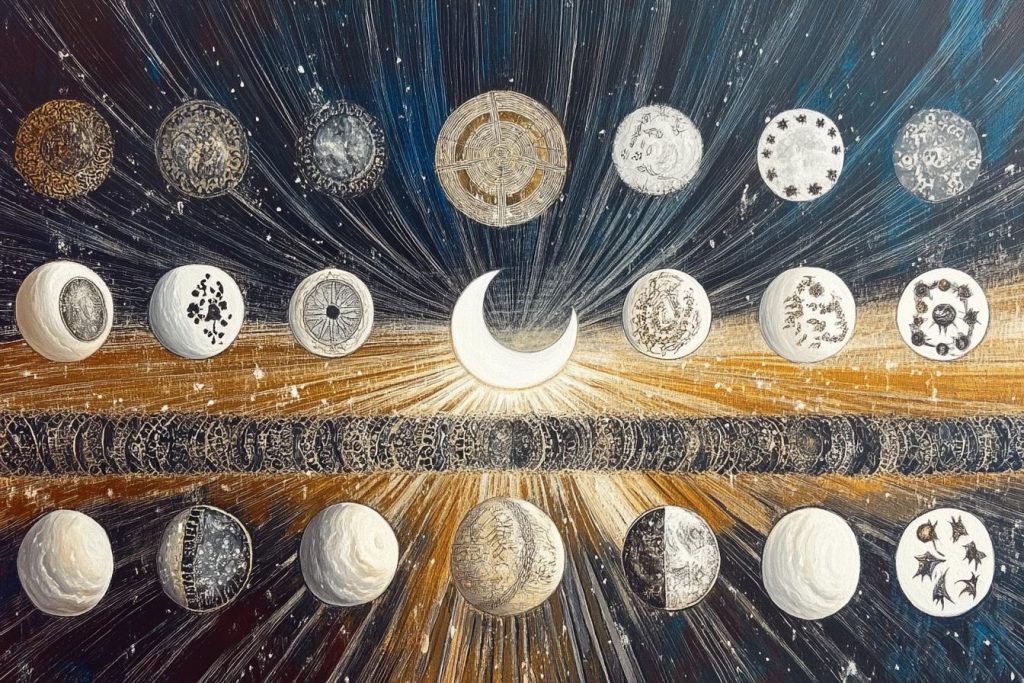
Many ancient cultures saw time not as linear, but as cyclical. Hinduism, Mayan cosmology, and some early Greek philosophies all envisioned time as repeating cycles of birth, death, and rebirth. This view challenges our notion of progress and suggests history may forever echo itself.
Time Might Emerge from Quantum Entanglement
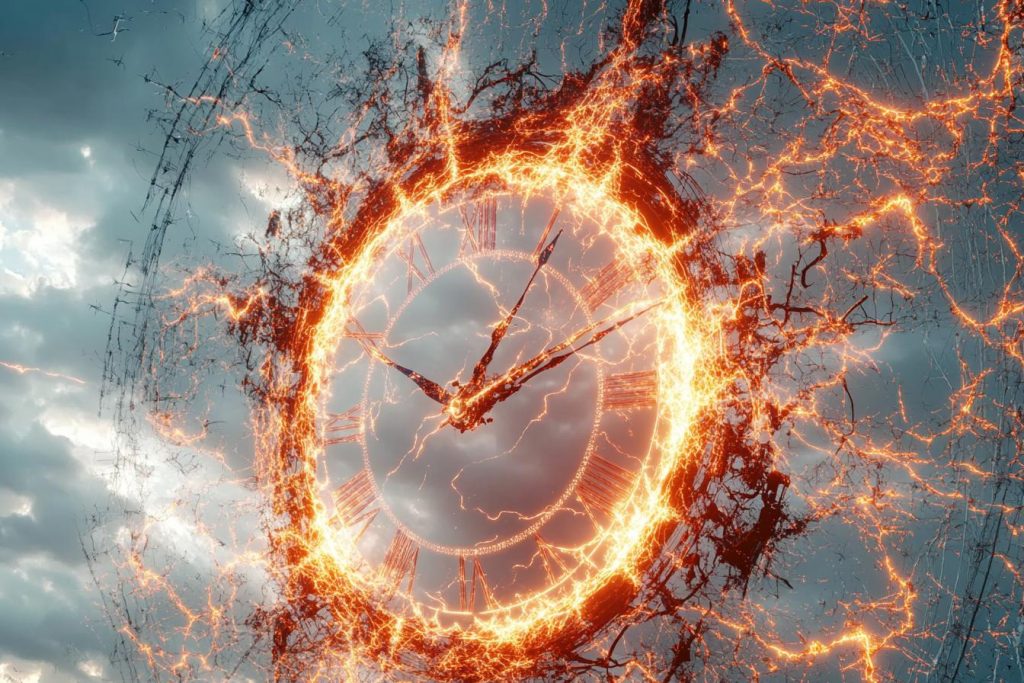
In the strangest corners of quantum physics, time itself might arise from the entanglement of particles. Some theories propose that the illusion of temporal order is a side effect of how particles interact on the quantum level. In this view, time is not fundamental—it’s emergent.
Lost Time May Not Be Lost at All
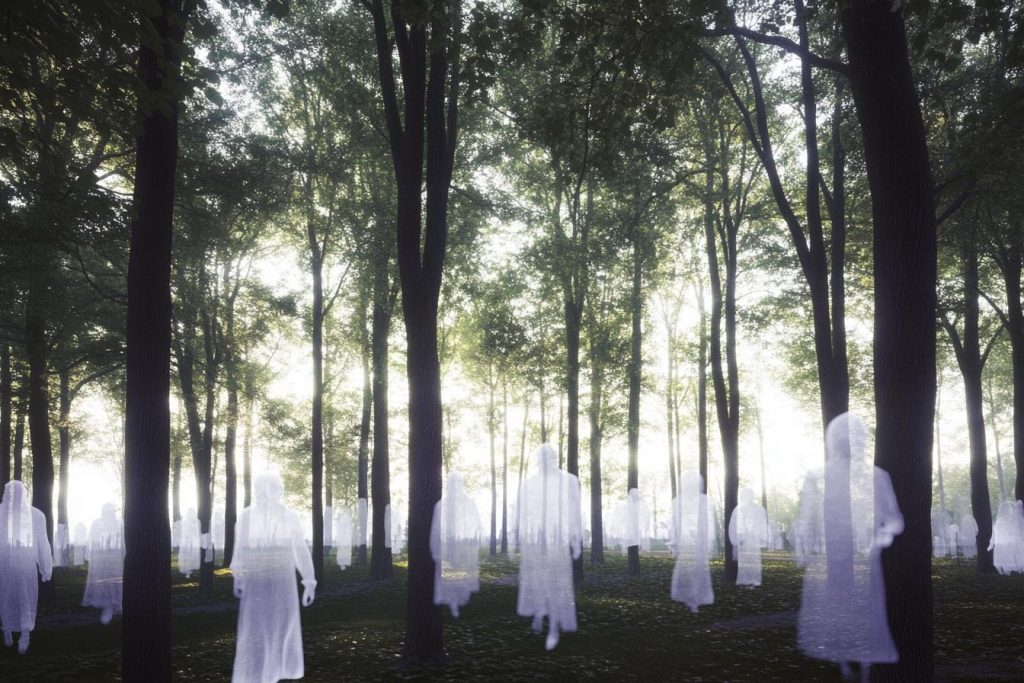
Stories of missing time—common in trauma, altered states, or even paranormal encounters—might point to something profound. Whether due to memory gaps or something we don’t yet understand, these lapses suggest our grip on time is more fragile than we admit. Perhaps time isn’t slipping away—perhaps we are.
Time Is a Maze, Not a Line
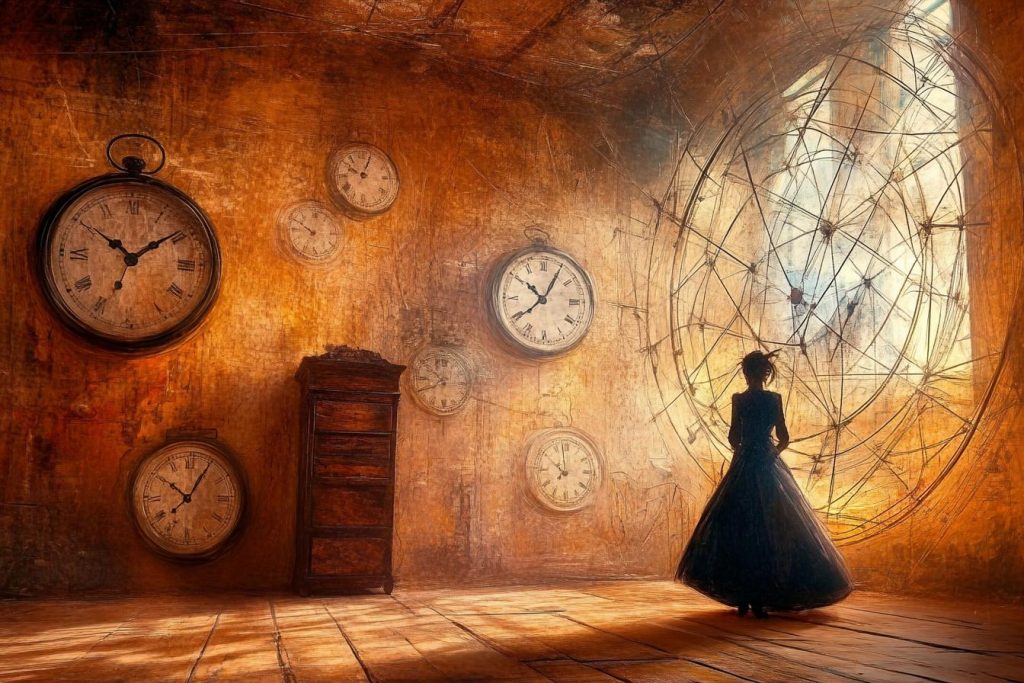
What we’ve been taught about time is a simplification—a convenient story to make sense of a complex reality. Time bends, warps, stops, and sometimes seems to vanish altogether. These forgotten truths remind us that we’re just beginning to understand how deep the maze really goes. The real mystery isn’t how time moves—but how we move within it.

